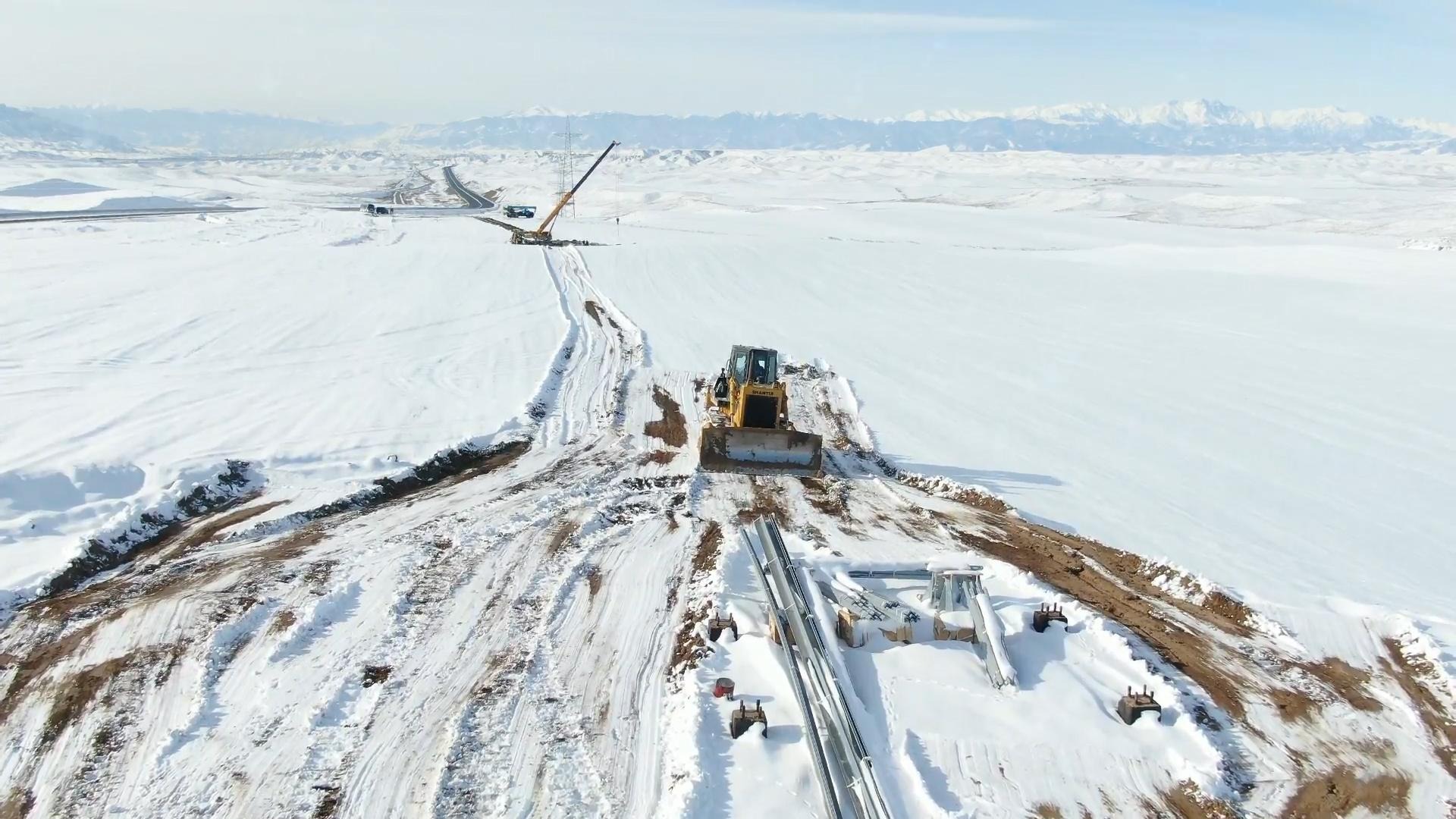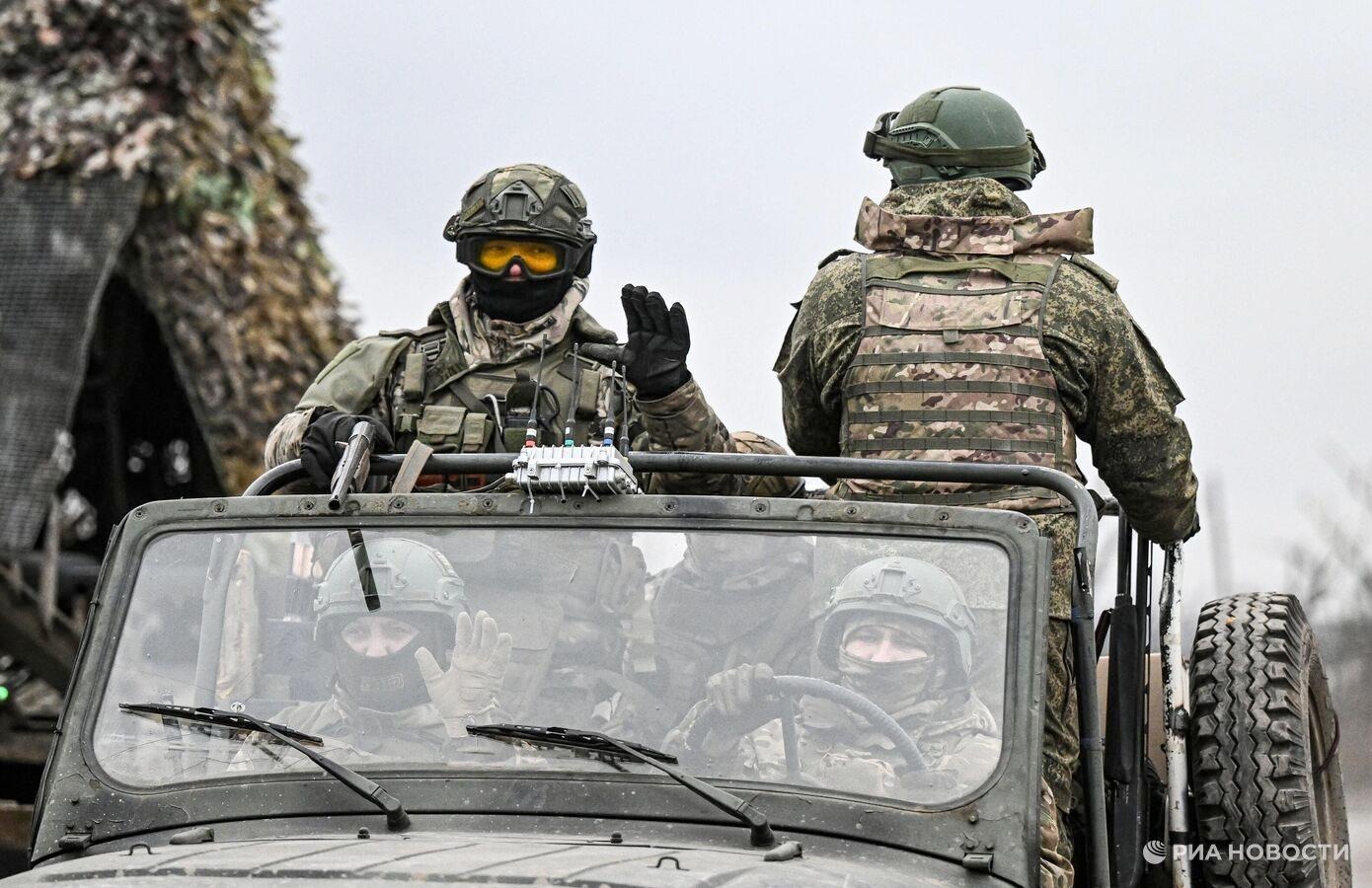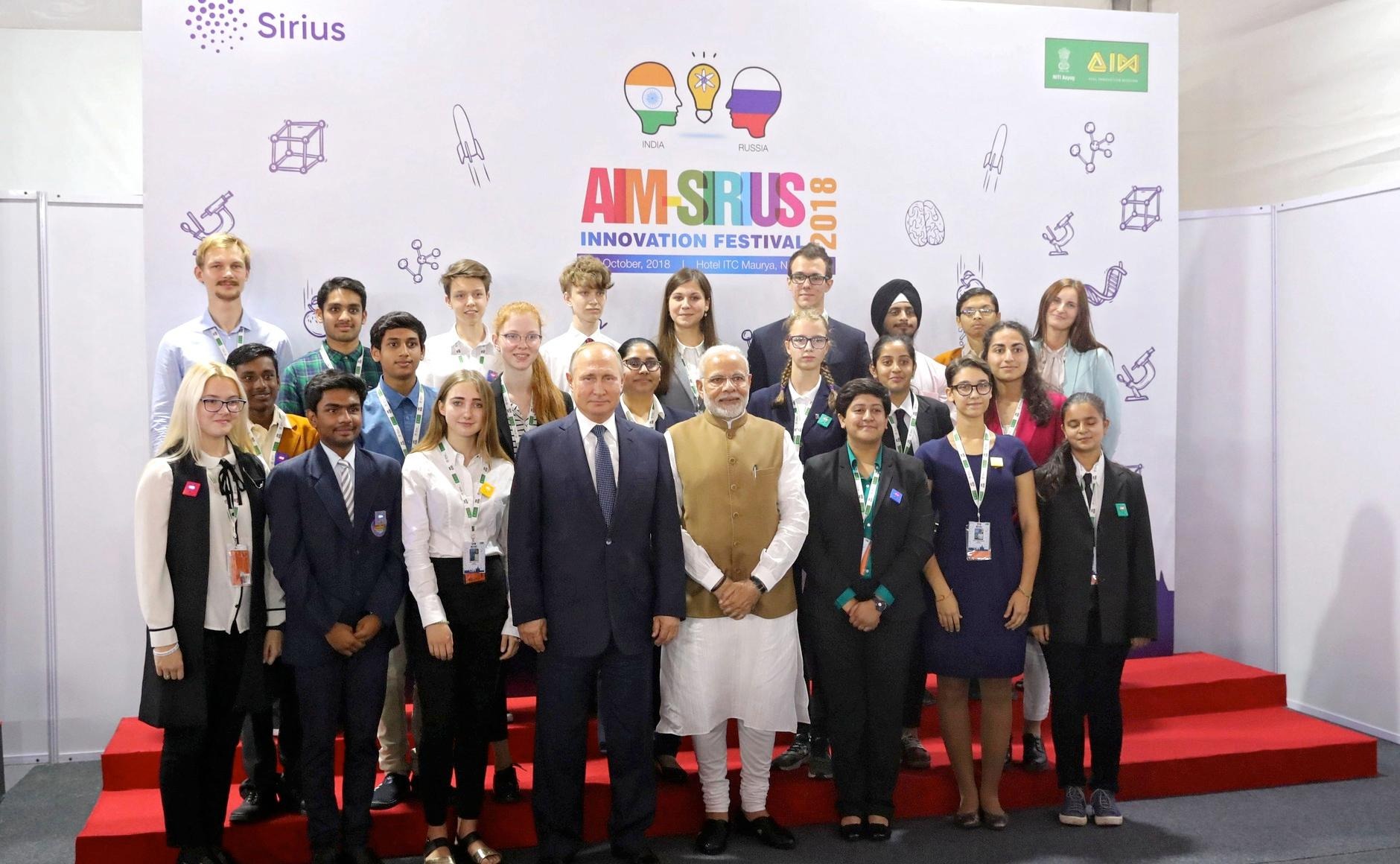IT TAKES TWO RUSSIAN PRESIDENTS TO TANGO WITH U.S.
IT TAKES TWO RUSSIAN PRESIDENTS TO TANGO WITH U.S.
Pushing his ballot into the ballot box during Russia’s shamelessly fixed presidential elections on March 2, Dmitry Medvedev announced that he was feeling good because spring had arrived. At that moment, the statement appeared perfectly senseless, as the weather in Moscow happened to be pretty awful (Newsru.com, March 2). Now, however, observers have discovered hidden promise in those words, as small signs of “liberalization” keep popping up and the tight pre-electoral control over the patently controllable electorate is gradually easing. Indeed, Maxim Reznik, leader of the St. Petersburg branch of the liberal Yabloko party and who was detained on a blatantly false accusation, was released last Friday, March 21, and the European University in St. Petersburg, closed for alleged fire-code violations, was allowed to resume its activities (Kommersant, March 22). The Kremlin’s firm “shut-up-and-dismiss” order, issued to several noisy youth organizations, convinced most political weather watchers that winds have indeed changed, so they begin to discuss the deeper philosophical meaning and the practical implications of the new “thaw” (Gazeta.ru, March 17; Polit.ru, March 14; Ekho Moskvy, March 23).
U.S. Secretary of State Condoleezza Rice and Defense Secretary Robert Gates experienced the change of atmosphere in Moscow last week, meeting with President-Elect Medvedev and incumbent Vladimir Putin before having long negotiations with their Russian counterparts, Sergei Lavrov and Anatoly Serdyukov. It did not matter much that the U.S. side brought no new suggestions regarding Washington’s plans to deploy a strategic radar and ten interceptor-missiles in the Czech Republic and Poland; the Russia side was quite satisfied with the written version of the propositions made by Rice and Gates last October, emphasizing the somewhat abstract achievement of increasing attention in Washington to Russia’s concerns (Rossiiskaya gazeta, March 19). In principle, it makes perfect sense to downplay “this completely artificial controversy around a useless system,” as Pavel Podvig, one of Russia’s top experts on strategic armaments, described the protracted deadlock (Russianforces.org, March 17). It would make even more sense to put efforts into drafting a legally binding and verifiable document that would address the eroding strategic arms control regime as the cornerstone START agreement expires in December 2009, and worrisome tests of anti-satellite weapon systems expand.
Moscow is now promising to prepare a response to the “important and helpful” proposals outlined in a letter from President George W. Bush to Putin, who has only six weeks left as Russian commander-in-chief (RIA-Novosti, March 18). Instead of wasting this time, he would certainly prefer to achieve a breakthrough of sorts that would transform his “legacy,” which is now strongly colored by his antagonistic Munich speech in February 2007. He also has to clear the path for Medvedev, who definitely does not need to assume a confrontational stance vis-à-vis the United States, but would have limited clout to change the course. Military experts, meanwhile, continue to condemn the “threat” from the yet-to-be-deployed U.S. anti-ballistic missile system, while General Yuri Baluyevsky, the chief of the General Staff and the chief critic of Washington’s “aggressive intention,” is nowhere in sight (Nezavisimoe voennoe obozrenie, Grani.ru, March 21).
Putin’s diplomatic dance is not restricted to arms control, but also extends toward the Middle East, where many still see Russia as a “counterbalance” to the United States. Eschewing this role, Moscow made an important move earlier this month by voting for UN Security Council Resolution 1803 that signified a symbolic tightening of sanctions against Iran for refusing to suspend its uranium enrichment program. Last week, Foreign Minister Lavrov traveled to the Middle East seeking to play a useful role in the peace process by restoring a modicum of unity in the Palestinian authority through a dialogue between Hamas and Fatah (RIA-Novosti, March 21). It is possible that Russia’s more constructive approach is based on a re-evaluation of the U.S. predicament in Iraq five years after the invasion. Few in Moscow would subscribe to the notion that “the surge is working,” yet oil production has returned to pre-war levels (Gazeta, March 19).
The situation in world oil markets is certainly monitored in Moscow with utmost attention, and the price slide last week set off quite a few alarm bells (RBC, March 18). The official economic assessments remain unanimously upbeat, and Finance Minister Alexei Kudrin even revised the government’s forecast for GDP growth from 6.5% to 7.0% (Gazeta.ru, March 22). He did not mention inflation, however, and here the forecast would have to be revised far more significantly; Prime Minister Viktor Zubkov saved Putin the embarrassment of admitting that the attempts at controlling prices had demonstrably failed (Vremya novostei, March 21). The irresponsible generosity of the electoral season is pushing consumer prices up and generating demands for more “compensations,” while many “socially oriented” plans are still awaiting execution. Economists are warning about unhealthy financial trends and unrealistic public expectations, but it is highly unlikely that, as prime minister, Putin would tighten economic policy by curtailing his own promises (Vedomosti, March 21).
Herein lies the fundamental problem that undercuts both the feeble liberalization in the domestic “thaw” and the ambivalent “détente” in relations with the United States and Europe. The legitimacy of the thoroughly corrupt bureaucratic regime in Russia is now entirely dependent upon its ability to deliver tangible prosperity, and any change of economic fortunes – which is increasingly probable – would plunge it into a crisis that could easily become unmanageable. The two-headed power construct of “Putinism with Medvedev’s face” appears barely functional, even in the rare situation when discontent could be pacified and loyalty could be secured by the simple method of disbursing money. It will inevitably be tested by a more normal political environment of competing demands and limited means. Whatever Medvedev’s moderate inclinations and Putin’s ideas about his legacy, the logic of the regime will drive it to put a new squeeze on domestic “extremists” and to mobilize the “patriotic” forces against external “enemies.” It is still possible to enjoy the “thaw” while it lasts.


